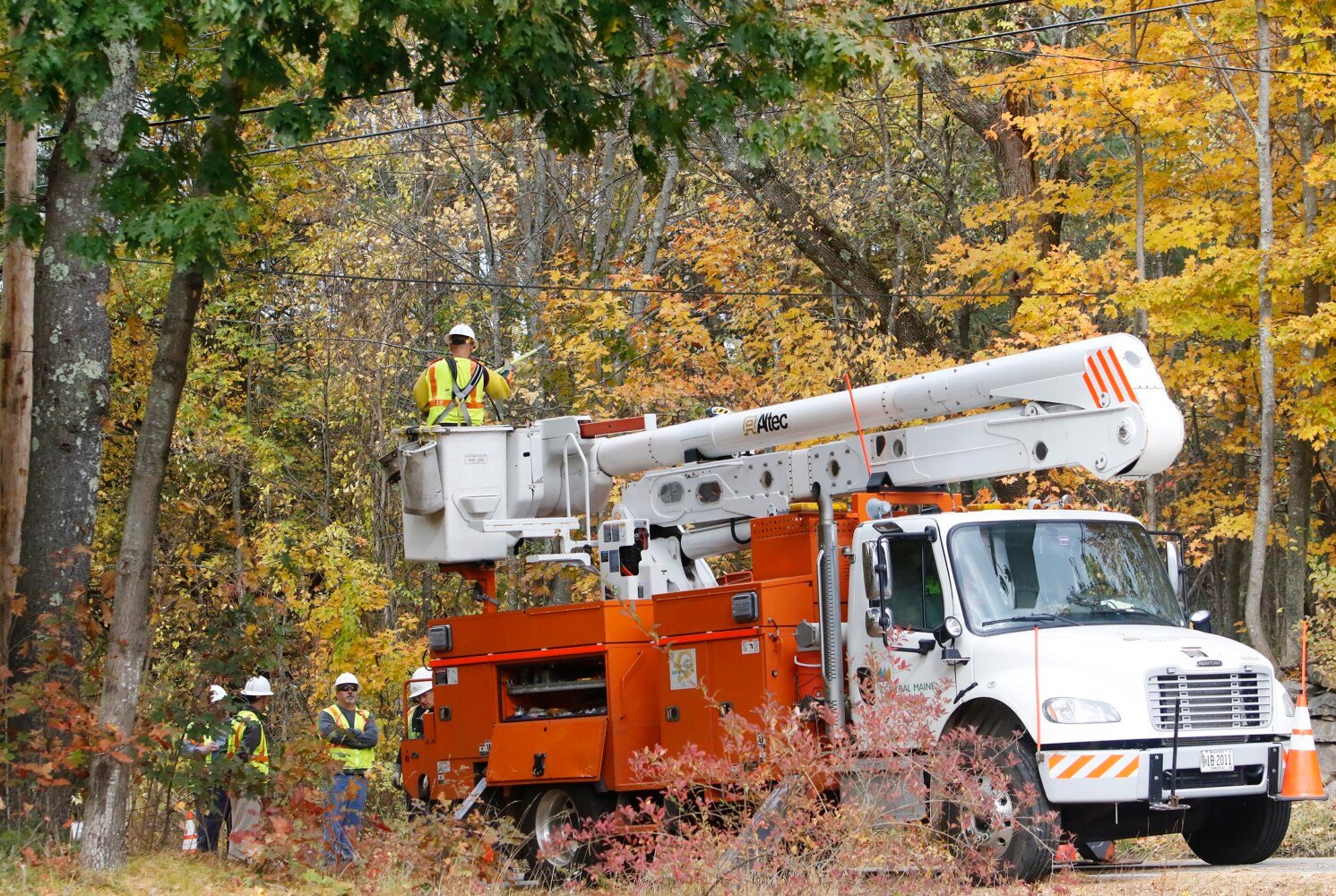Kenya Reaffirms Support for Somalia’s Sovereignty Nairobi, Kenya – May 26, 2025 — The Government…

Bill to form consumer-owned utility rejected by one vote in Maine Senate
By Scott Thistle, Portland Press Herald
AUGUSTA — The Maine Senate on Thursday night voted down a bill to form a consumer-owned utility to buy the assets of Central Maine Power and Versant Power, reversing the results of initial Senate action and considerably dimming the bill’s chances of passing the Legislature this session.
The measure passed the Senate a day earlier on a preliminary vote of 19-16, but it failed by a single vote on final enactment, 17-18. There was no debate in the Senate chamber on the matter Thursday, and an effort to keep the bill alive early Friday morning in the House was rejected as the Legislature adjourned, likely not returning until June 30.
The bill has seen both bipartisan support and opposition. Flipping their votes on the bill in the Senate were Sen. David Woodsome. R-North Waterboro, and Sen. Ned Claxton, D-Auburn.
Claxton said he changed his vote after speaking with the mayors of Lewiston and Auburn, who are concerned about the potential loss of property tax revenues of more than $6 million and $1 million a year, respectively.
He said he was generally supportive of the bill’s concept and believed an amendment that was being developed would hopefully alleviate concerns. Claxton said he was not lobbied much on the bill by its opponents beyond the mayors. “But there was plenty of lobbying from the pro side,” he said.
Woodsome said late Friday that he wrestled with his vote but ultimately felt the bill was not ready for “prime time.” He said he had not been lobbied overly aggressively by either side. “I actually didn’t get much attention or outreach from the CMP side or otherwise,” Woodsome said, noting that his vote early Friday was more a reflection of his personal concerns that the bill was not thorough or complete yet.
“I’m a strange sort of cat,” Woodsome said. “I listen, but in the end I make my own decisions.”
The bill is sponsored by Sen. Rick Bennett, R-Oxford, and Rep. Seth Berry, D-Bowdoinham, who have both been staunch critics of CMP and its ongoing expansion of an electric power corridor through western Maine, dubbed the New England Clean Energy Connect.
Bennett confirmed on Friday that concern over the possible loss of property tax revenue was driving the new resistance to the bill. He believes those concerns would be addressed in a pending amendment, which could be debated and voted on when the Legislature returns at the end of June.
“I think there are already ample protections in the bill,” Bennett said. “But this was the issue raised at the 11th hour to thwart enactment of the bill.”
Had the measure been approved by the Legislature, it faced a likely veto from Gov. Janet Mills, a Democrat, who has signaled in recent weeks that she has “serious concerns” about the measure, which would allow for an eminent domain takeover of the two electricity providers who deliver power to more than 800,000 Maine homes.
Among Mills’ concerns is the loss of property tax payments to municipalities where the two power companies hold assets. The bill includes a provision that the new consumer-owned utility, which would be governed by a publicly elected board of directors, would make payments in lieu of taxes. Mills has questioned, however, whether that provision would be enforceable.
The bill also would need to be ratified in a statewide vote in November, should it pass the Legislature and survive a veto.
Supporters of the measure have touted it as a way for the state to regain control of its power grid and lower prices while improving service and reliability. But opponents have argued against what they see as a government-initiated takeover of two private businesses, and have said the state, through its Public Utilities Commission, already has a mechanism to protect ratepayers.
Berry, in a late-night plea to House Speaker Ryan Fecteau, D-Biddeford, asked that adjournment be delayed so an amendment to the bill could be completed in hopes of bringing it back before the House and Senate. But that request was denied and the House adjourned at about 1:10 a.m. Friday, with the Senate following soon after.
Berry said in a text message Friday that although the bill is tabled for now, supporters of a consumer-owned utility in Maine intend to move forward with a ballot question initiative for 2022 should their efforts in the Legislature fail.
Stephanie Clifford, campaign manager for Our Power, a ballot question committee that’s been formed in support of the consumer-owned utility effort, responded to the legislative votes in a statement Friday.
“We the people of Maine want and deserve to take control of our energy future, and we will all have that chance in either 2021 or 2022,” Clifford said. “We thank all the legislators who stood up to the CMP and Versant lobbyists.”
SOURCE: Portland Press Herald


